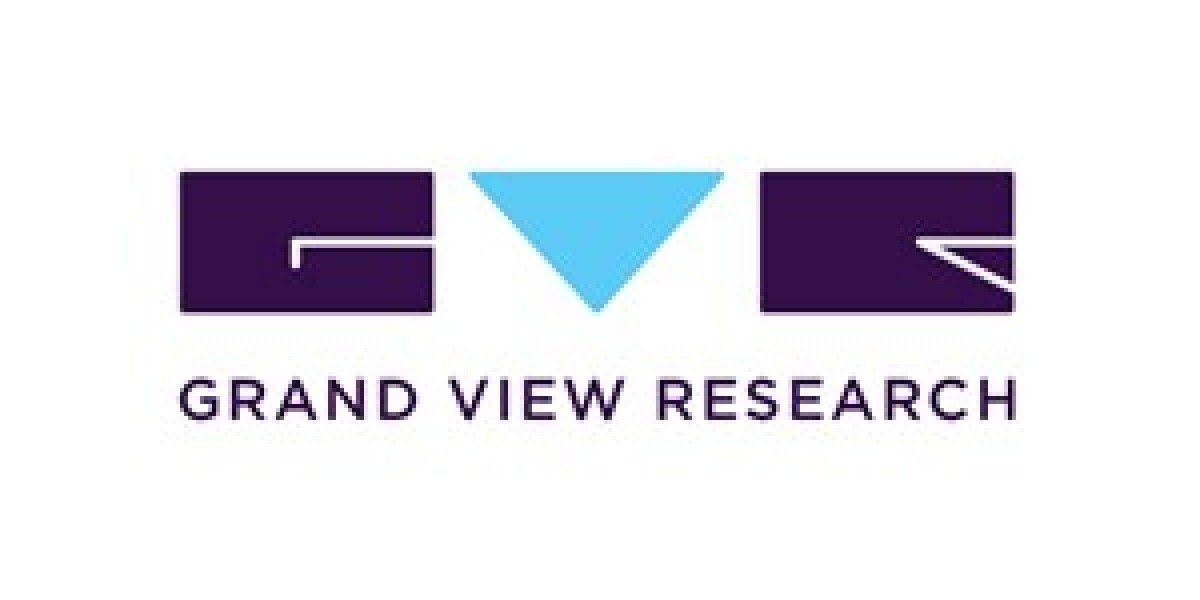The financial and banking industry has always been at the forefront of adopting cutting-edge technology to enhance security, streamline operations, and improve customer experience. With digital transformation taking center stage, software frameworks play a pivotal role in shaping the future of banking solutions. One such technology that has proven to be a game-changer in this domain is Microsoft's .NET framework.
.NET has gained immense popularity among financial institutions for its scalability, security, and reliability. In this blog, we will explore why .NET is an ideal choice for banking applications, how it enhances security and performance, and why financial organizations should consider it for their digital infrastructure.
Why .NET is Ideal for Financial and Banking Applications
1. Robust Security Features
Security is the backbone of financial applications. Banking software handles vast amounts of sensitive data, making it a prime target for cyber threats. The .NET framework offers multiple layers of security, including:
Code Access Security (CAS): Controls and restricts code execution based on permissions.
Role-Based Security (RBS): Ensures that only authorized users can access specific data.
Data Encryption: Protects financial transactions and sensitive information from unauthorized access.
Regular Updates: Microsoft provides frequent security patches, reducing vulnerabilities.
2. High Performance and Scalability
Banks and financial institutions process thousands of transactions every second. Performance and scalability are critical to ensuring smooth operations. .NET offers:
Asynchronous Programming: Enhances responsiveness and speeds up transaction processing.
Multi-threading Capabilities: Allows handling multiple tasks simultaneously without slowing down the system.
Cloud Integration: Seamlessly integrates with Microsoft Azure and other cloud services for scalability.
3. Seamless Integration with Legacy Systems
Many financial institutions still rely on legacy systems. Transitioning to modern technology without disrupting ongoing operations is a challenge. .NET simplifies integration with older banking software, ensuring a smooth migration process.
Interoperability with Multiple Languages: .NET supports multiple programming languages such as C#, F#, and VB.NET.
API Support: Enables seamless integration with third-party financial applications.
Middleware Solutions: Connects legacy systems with new-age digital banking solutions.
Key Use Cases of .NET in Banking Applications
1. Core Banking Systems
.NET is widely used for building and maintaining core banking solutions that manage customer accounts, transactions, and banking operations. Its robust architecture ensures high availability and reliability.
2. Internet and Mobile Banking
With the rise of digital banking, .NET is a preferred choice for developing web and mobile banking applications. Its responsive UI frameworks, such as ASP.NET and Blazor, provide a seamless banking experience to customers.
3. Fraud Detection and Risk Management
Banks need powerful fraud detection mechanisms to prevent cyber threats and fraudulent activities. .NET integrates AI and machine learning tools to analyze transaction patterns, detect anomalies, and flag suspicious activities in real-time.
4. Automated Loan Processing
.NET-powered applications help automate loan processing by integrating with credit scoring algorithms, reducing paperwork, and improving efficiency.
5. Payment Gateways and Digital Wallets
Financial institutions leverage .NET to develop secure payment gateways and digital wallets that comply with industry standards such as PCI-DSS for safe transactions.
Advantages of .NET Over Other Technologies in Banking
1. Long-Term Microsoft Support
Banks require technologies that will be supported for decades. Microsoft ensures long-term updates and enhancements, making .NET a sustainable choice for financial applications.
2. Cross-Platform Compatibility
With the introduction of .NET Core, banking applications can run seamlessly on Windows, Linux, and macOS, providing greater flexibility.
3. Improved Customer Experience
.NET-based applications offer high-speed performance, low downtime, and a user-friendly interface, enhancing customer satisfaction.
4. Cost-Effectiveness
Using .NET reduces operational costs as it allows financial institutions to build, manage, and scale applications without investing heavily in multiple technologies.
The Future of .NET in Banking
The adoption of .NET in banking applications is expected to grow as financial institutions continue their digital transformation journey. Future trends include:
Integration with AI and Blockchain: Enhancing security and automation in banking.
Advancements in Cloud Banking: Leveraging Microsoft Azure for seamless banking experiences.
Enhanced Regulatory Compliance: Ensuring adherence to global financial regulations.
Many organizations looking to modernize their banking applications choose to hire dedicated .NET developers to build secure, scalable, and high-performance financial solutions.
Conclusion
.NET has established itself as a robust framework for financial and banking applications, offering security, scalability, and high performance. Its ability to integrate with legacy systems, support regulatory compliance, and provide an enhanced user experience makes it a top choice for banking software development.
As financial institutions continue to innovate and expand their digital capabilities, .NET will remain a key player in shaping the future of banking technology. Whether it's core banking, fraud detection, or mobile banking applications, .NET stands out as a reliable and future-ready framework.
For financial organizations seeking a technology stack that guarantees stability, security, and efficiency, .NET remains a smart investment.







